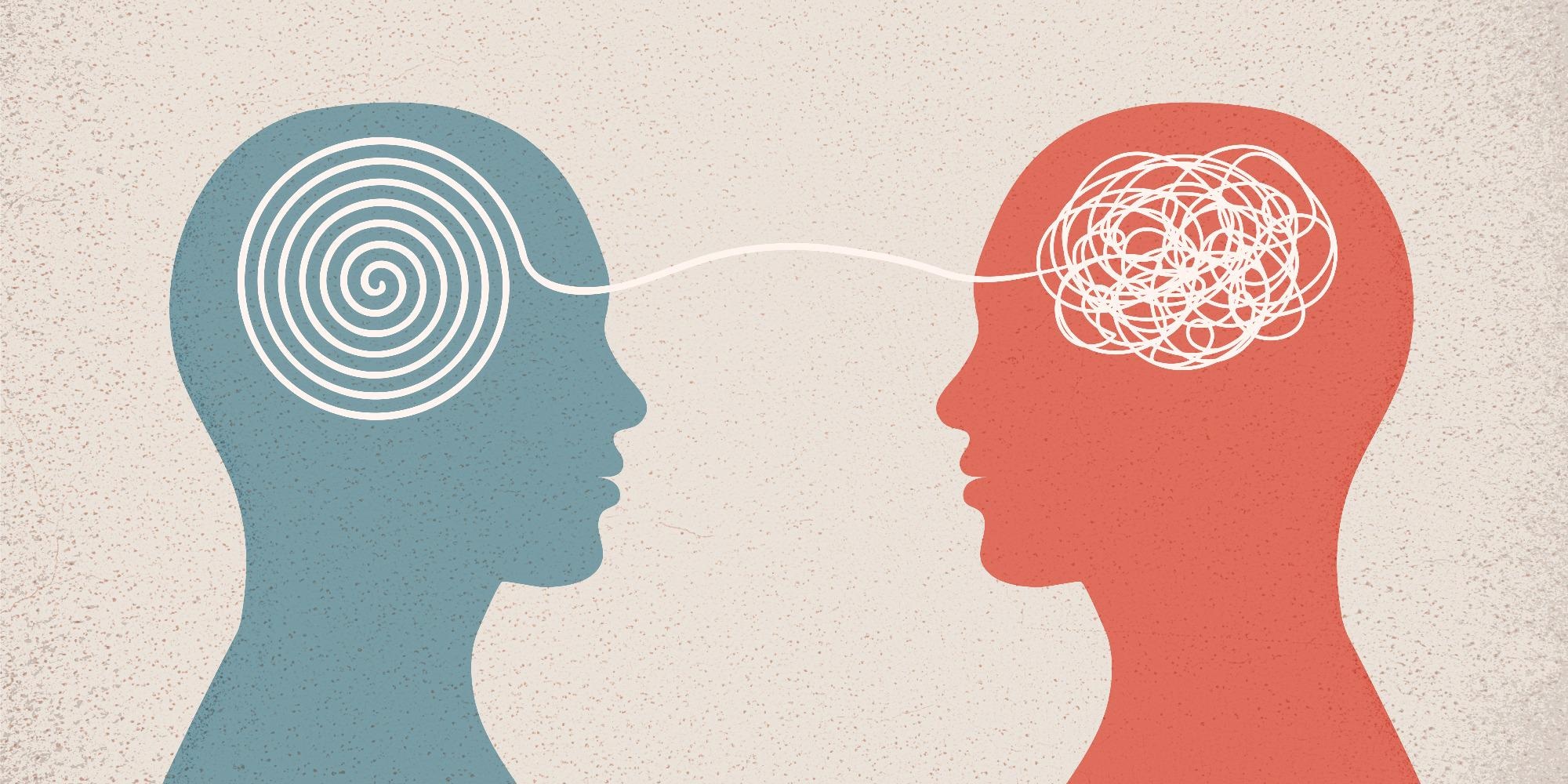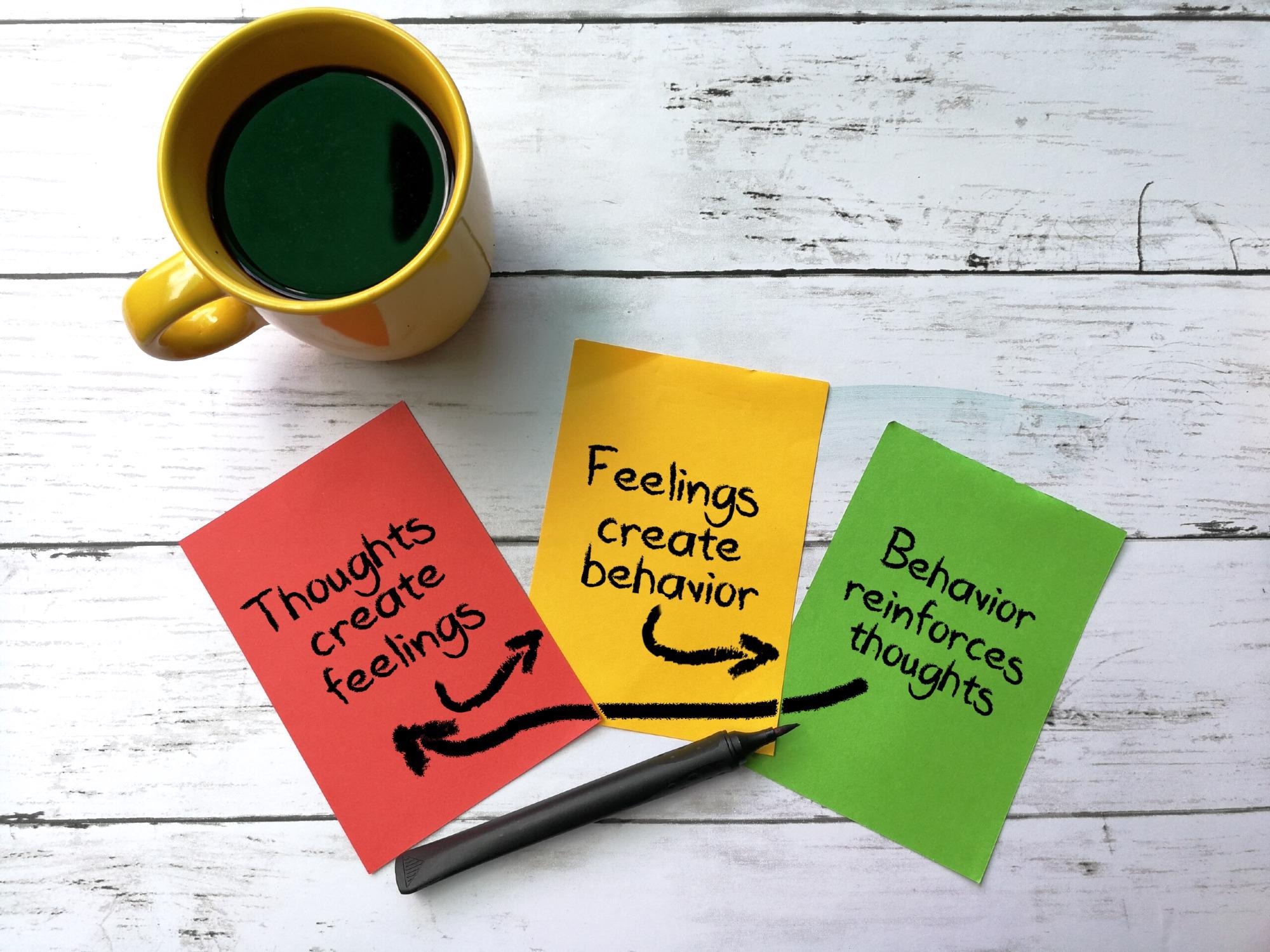Introduction
Psychotherapy Versus Counseling
Types of Psychotherapy
Cognitive-behavioral therapy (CBT)
Interpersonal therapy (IPT)
Supportive therapy
Psychodynamic therapy
Psychoanalysis – The Black Sheep of Psychotherapy
As Necessary Now As Ever
Psychotherapy: A New Normal | Aruna Gopakumar | TEDxJSB
References
Further reading
The term psychotherapy (also known as talk therapy) describes a set of varying methodologies and techniques designed to help those suffering from mental illness and/or emotional turmoil. The primary goal of a psychotherapist is to ameliorate a patient’s negative symptomatology and improve their overall mental well-being. The history of this branch of psychology can be traced as far back as the 9th century with the work of the Persian polymath al-Rāzī, who held the position of the chief physician in the Baghdad bimaristan (i.e., the primary hospital). Since then, the field has undergone various changes and reiterations, perhaps most notably through the work of Sigmund Freud in the late 19th century and the development of his psychoanalytic approach.
 Image Credit: melitas / Shutterstock
Image Credit: melitas / Shutterstock
Psychotherapy Versus Counseling
The difference between psychotherapy and counseling is far from obvious and remains a topic of debate amongst the psychology community. For example, in Ireland, most professionals refer to themselves as both “counselor and psychotherapist,” making little to no distinction between the terms. However, according to the official former mental health framework document for Ireland, A Vision For Change (2006): “Counselling is concerned with a circumscribed difficulty arising from an identified precipitating cause and is short-term in application, whereas psychotherapy is concerned with more fundamental and inherent difficulties of longer duration and with less easily identified causes” [1].
In other words, counseling is used to address short-term, shallow-rooted emotional issues while psychotherapy addresses more serious and fundamental difficulties within an individual’s psyche. However, many countries and institutions still use the terms interchangeably.
Types of Psychotherapy
As mentioned, psychotherapy is an interdisciplinary field that envelopes various approaches and techniques. The choice of therapy used depends upon the patient’s specific difficulties and requirements and their own preference [2]. The primary categories enveloped under its general heading are as follows:
Cognitive-behavioral therapy (CBT) is designed to enable patients to identify and alter their thought and behavioral patterns. The overall goal is to remove processes that are detrimental to their mental well-being and often replace them with new, beneficial routines and practical skills. This can involve journal writing, meditation, and practicing positive reinforcement. CBT has demonstrated its efficacy in treating a variety of different issues such as anxiety, substance abuse, depression, and eating disorders.
 Image Credit: mypokcik / Shutterstock
Image Credit: mypokcik / Shutterstock
Interpersonal therapy (IPT) focuses on addressing unresolved issues which have arisen in a patient’s relationships. This can involve conflicts in their personal or professional lives, grief, or tumultuous changes in their social dynamics. In general, IPT is a short-term psychotherapeutic approach and does aim to address deep-rooted trauma or dysfunction. Nonetheless, it has been successfully implemented in treating addiction, eating disorders, depression, and various other mood disorders such as bipolar.
Supportive therapy aims to develop a patient’s self-esteem and confidence. This is achieved primarily through “alliance building” between the therapist and patient, wherein the patient is an equal collaborator in the therapeutic process. This form of psychotherapy is perhaps the most informal, with therapists placing a significant amount of emphasis on building rapport and trust with the patient while normalizing their emotions and encouraging their growth.
Psychodynamic therapy addresses psychological issues by linking them to past experiences (often from early childhood), as well as to unconscious motivations. This can involve focusing on the relationship between the patient and their parents and/or how they interacted with their siblings in their youth. The end goal of this is to allow the patient to reformulate their internal image and understanding of themselves; in doing so, creating healthier behavioral patterns and emotional stability. Pioneered by Freud, psychoanalysis is generally accepted to be the more rigorous form of psychodynamic therapy involving longer and more frequent sessions [2]. Both have been shown to be helpful in the treatment of mood disorders, eating disorders, and relationship issues.
Psychoanalysis – The Black Sheep of Psychotherapy
As mentioned, psychoanalysis can generally be thought of as an extension of psychodynamic therapy and a subset of psychotherapy. However, the distinct history of psychoanalysis leads some professionals to claim it should not be placed within the confines of the psychotherapeutic bracket. Indeed, subtle nuances between psychotherapy and psychoanalysis can be unearthed when examined more carefully.
Perhaps the best way to understand the distinction between these two overlapping disciplines is to highlight the subtle differences in their goals. While psychotherapy aims to restore an individual’s relationship with social norms and their ego, psychoanalysis attempts explicitly to restore their relationship to their subconscious and unconscious minds. Psychoanalysis also places a considerable emphasis on forgotten early childhood trauma, suggesting that, more often than not, it is the primary driver in the manifestation of mental illness during adulthood [3]. In contrast, psychotherapy as an interdisciplinary approach does not claim that there is any single primary cause of mental health disorders, instead recognizing that the underlying mechanisms are often multifaceted and complex.
As Necessary Now As Ever
The number of people receiving mental health therapy is increasing year on year. For example, 2020 saw approximately 41.4 million Americans avail of such services, an increase of over 14 million from 2002 [4]. While advances in neuroscience and pharmacology in recent decades have provided a myriad of alternative strategies, psychotherapy maintains its place as an invaluable asset in the treatment of mental health disorders and ailments.
Psychotherapy: A New Normal | Aruna Gopakumar | TEDxJSB
Psychotherapy: A New Normal | Aruna Gopakumar | TEDxJSB
References
- Government of Ireland (2006). A Vision for Change: Report of the Expert Group on Mental Health Policy. Stationary Office, Dublin.
- Parekh, R., & Givon, L. (2019). What is Psychotherapy? [Online] American Psychiatric Association (APA). Available at: https://www.psychiatry.org/patients-families/psychotherapy
- Fromm, E., & Funk, R. (2019). The revision of psychoanalysis. Routledge.
- Elflein, J. (2021). Mental health treatment or counseling among adults U.S. 2002-2020. [Online] Statista. Available at: https://www.statista.com/statistics/794027/mental-health-treatment-counseling-past-year-us-adults/.
Further Reading
Last Updated: Mar 30, 2022